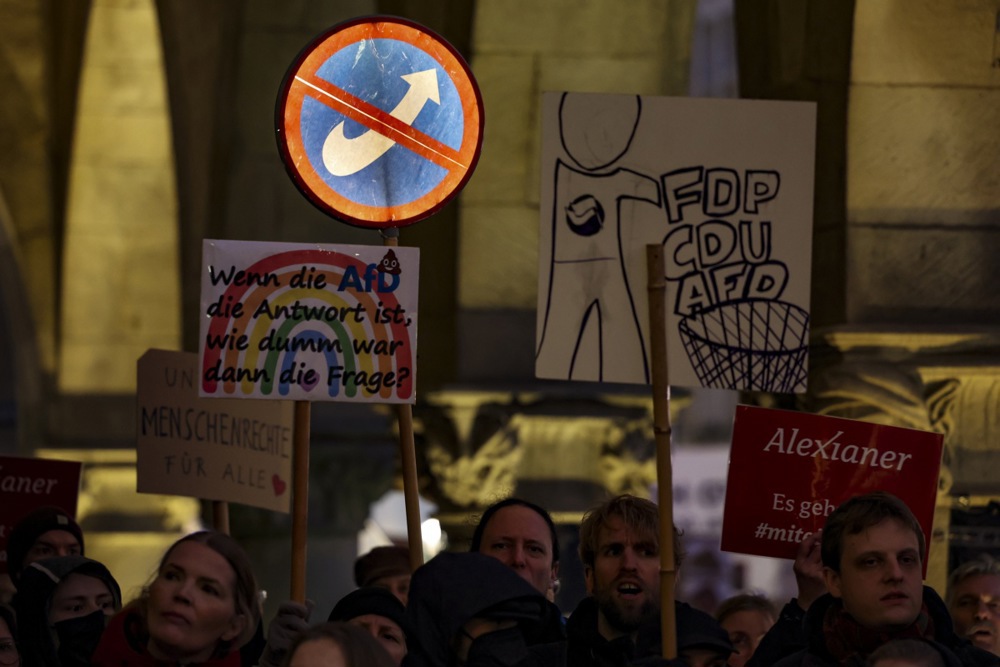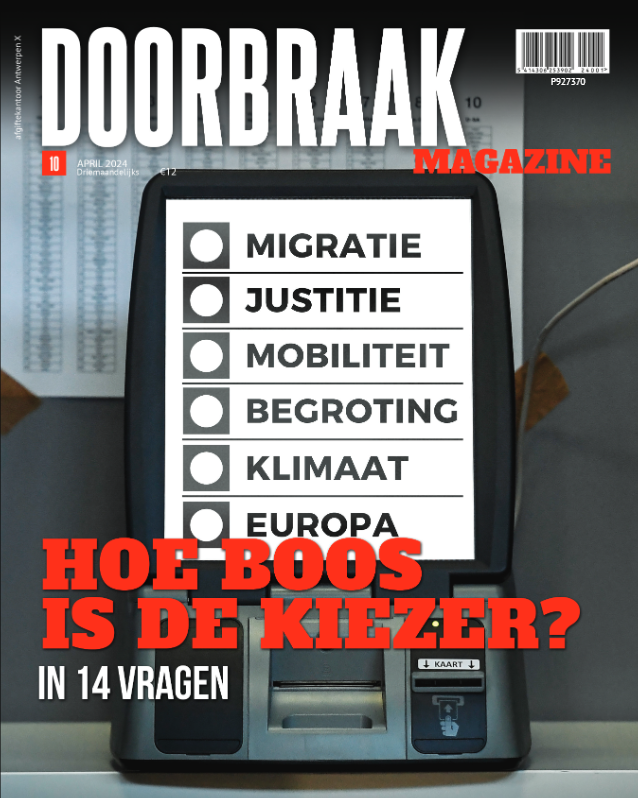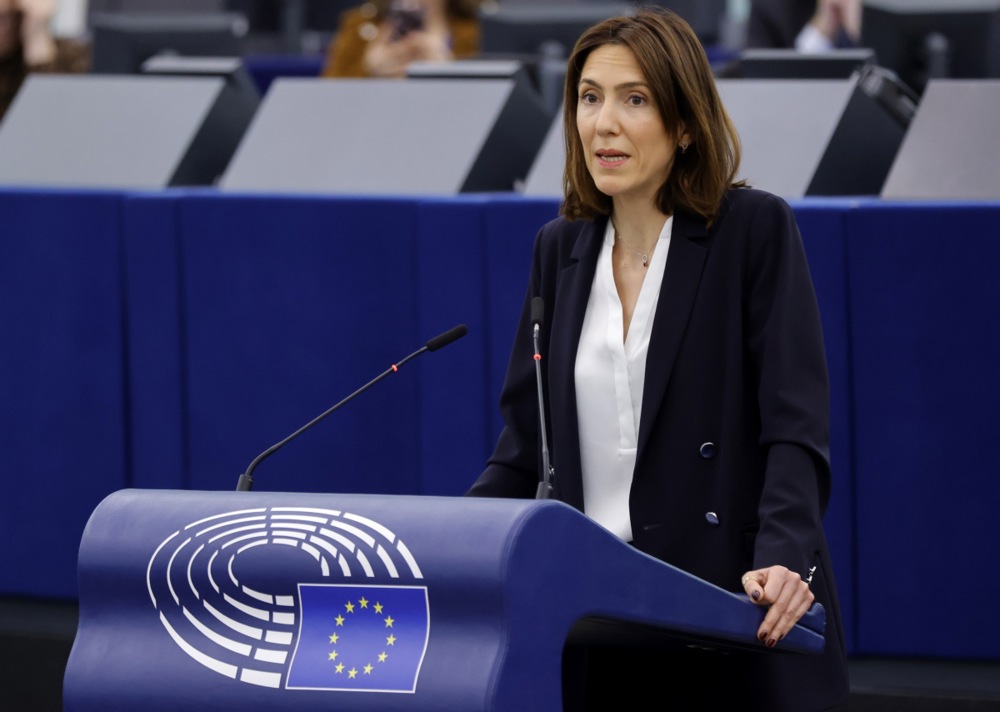EU leaders have come under fire for offering condolences after Iran’s President, Ebrahim Raisi, was killed in a helicopter crash.
President of the European Council Charles Michel, High Representative for the European Union for Foreign Affairs Josep Borrell and European Commissioner Janez Lenarčič have all been criticised for publishing statements on the accident over the weekend, which killed a number of the country’s senior officials.
After the news of Raisi’s death was confirmed, Michel said that the European Union “expresses its sincere condolences” to the people who died.
“Our thoughts go to the families,” he said.
The EU expresses its sincere condolences for the death of President Raisi and Foreign Minister Abdollahian, as well as other members of their delegation and crew in a helicopter accident. Our thoughts go to the families.
— Charles Michel (@CharlesMichel) May 20, 2024
The tweet has received more than six million views, as well as numerous negative comments from senior European politicians.
“Not in my name!” posted Geert Wilders, leader of the Dutch Party for Freedom.
The preeminent Dutch politician added that he hoped “Iran will soon become a secular state again, with freedom for the Iranian people and without an oppressive and barbaric Islamic mullah regime”.
Belgian MP Theo Francken, of the centre-right N-VA party, said also expressed criticism, mocking Michel online for his statement.
“Oh boy, European condolences for the death of a butcher and cruel mass murderer,” he wrote.
“Where are all those fake tears for Olivier Vandecasteele and Johan Floderus your EU diplomat who is still been kidnapped by the regime?” he asked.
“You don’t speak in my name.”
Anna Komsa, international affairs negotiator for the Ukrainian Government, claimed that “in London, opposite the Iranian embassy, Iranian emigrants celebrate the death of a Tehran butcher.
“And in Moscow, they yearn for a friend with crocodile tears!” she added.
Lithuanian foreign minister Gabrielius Landsbergis said he did not feel comfortable offering condolences while Iran was sending drones that are being used against civilians in Ukraine.
COMMENT: Forget turning the other cheek; Israel should teach Iran a lesson, writes @ConradMBlack. https://t.co/N5AqYDCN9s
— Brussels Signal (@brusselssignal) April 19, 2024
Michel is not the only Eurocrat receiving criticism for sending their condolences to the Iranian regime.
Similar sentiments were levelled at Borrell after he also offered his condolences to the counry’s leadership.
An account run by an anti-Hamas group stated: “The European Union offers its condolences for the death of The Butcher of Teheran.”
Foruq Kanaani, a PhD researcher in social sustainability in Germany and an advocate for women and equal opportunities, meanwhile described Borrell’s decision as “unbelievable”, “shameful” and “sickening”.
“As always on the wrong side!” she wrote.
“The people of Iran will never forget that you could not stop mourning for the butchers of innocent Iranians. Your hypocrisy is absolutely disgusting!”
Lenarčič had announced that, upon an Iranian request, the EU activated its Copernicus rapid response mapping service to help locate the downed aircraft.
Jay in Kyiv, a popular social media account, responded: “Why? They are openly intent on destroying the EU.”
Khaled Hassan, an Egyptian-British political risk and intelligence analyst, said: “The EU joined the search and rescue mission for the mass murderer, racist, antisemitic terrorist.”
“Today, I can proudly say, thank God we left the bloody despicable EU,” he added.
“I was always against Brexit. But, now I am a Brexiteer.”
Marie-Agnes Strack-Zimmermann, a lead candidate for June’s European Parliament elections with the German Liberals, wrote: “It is an absolute mystery to me how the EU Commission can show solidarity with Iran.
“What a miserable hashtag, what a mockery of the brave fighters for human rights in Iran. I expect an explanation for this.”
The loss of Iranian top figures is a blow to the regime, which was already under pressure in Iran, relying on brutal repression to control large parts of its population.
The accident came at a time when relationships between the EU and the Iranian regime have been strained by the state’s human rights abuses, with the European Council broadening restrictive measures against it on May 14.
The motivation for those sanctions was that Iran offers drones to Russia to use against Ukraine and that the regime is seen as supporting the Hamas terrorist organisation against Israel.
Alongside that, the revolutionary Islamic regime has repeatedly kidnapped Europeans to use in attempts to blackmail governments, while Iran has an appalling human rights track record, in particular regarding women’s rights.
Following the crash, Iran’s supreme leader Ali Khamenei announced five days of official mourning.
The designation of Iran’s Islamic Revolutionary Guard Corps as a terrorist organisation has split EU leaders gathered for a two-day summit to decide the bloc’s response to Iran’s missile attack on Israel. https://t.co/wsCBVZq3AH
— Brussels Signal (@brusselssignal) April 17, 2024





